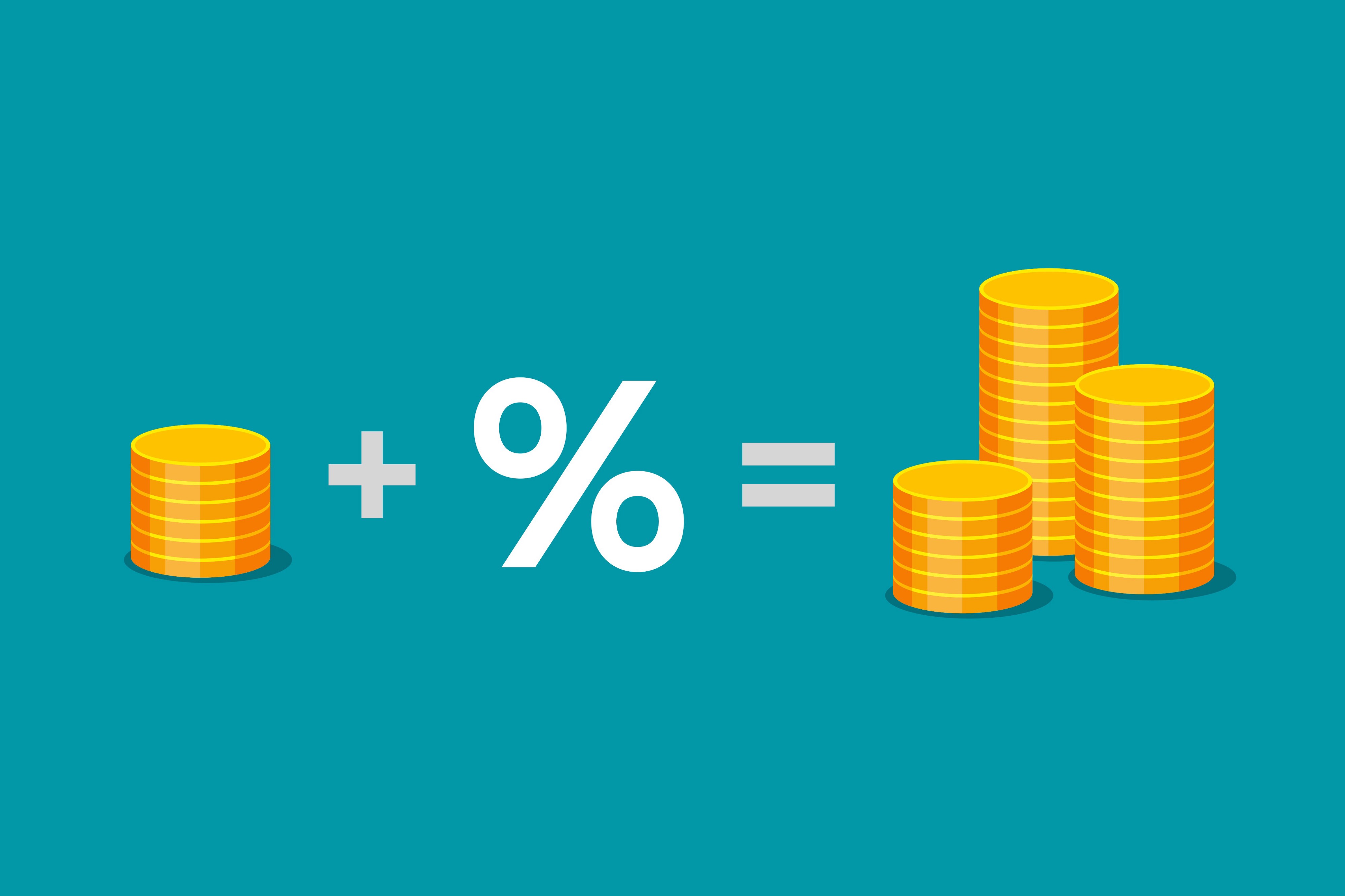Are you shopping for the best lenders in Singapore? One factor that should guide your decision is interest rates. These rates are the biggest determining factor of how much your loan will cost you. According to Galaxy Credit, there’s a multitude of options when it comes to picking the best personal loan interest rates for you, and we’ll explore all of them in this article.
1. Do you Know How Interest is Calculated?
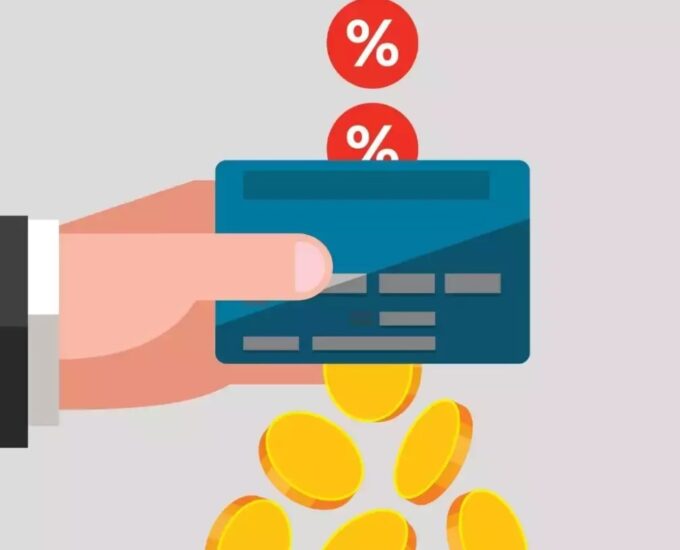
Although many borrowers pay little attention to interest and how it’s calculated, this information is crucial if you want to make informed decisions about personal loans. In a nutshell, interest refers to the cost of borrowing a loan. Therefore, the personal loan interest rate is the small percentage of your loan’s principal amount charged on the unpaid proportion of your loan. So assuming your principal amount is $1000 and the loan rate is 10%, then interest will be calculated as 10%*$1000. As you downscale your loan, the amount of interest you owe the lender will decrease as well. For example, if you pay off ¼ of your loan and remain with an unpaid balance of $750, interest will be calculated as 10%*$750.
2. Personal Loan Interest Rates are not Always Fixed
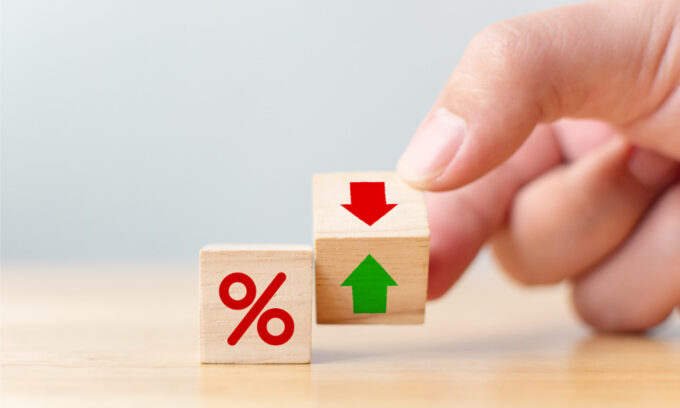
It’s important to understand that interest rates can either be fixed or variable. Whether you’re applying for an educational loan, a vocational loan, or a medical emergency loan, basing your decision on your understanding of these two types of interest rates will save you a ton of cash.
Fixed interest rates are not subject to change throughout the life of the loan. Conversely, variable interest rates can oscillate depending on the prime rate, referring to the lowest possible interest rates that lenders can charge their most trusted borrowers. This means that when the prime rate rises, the cost of your loan will also rise.
3. Stay Keen on your Credit Score
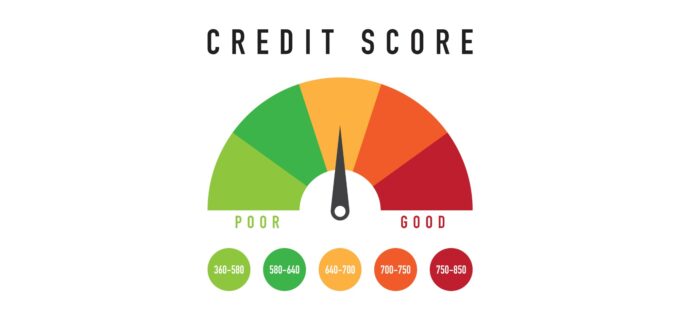
Credit score (grade) is a fundamental factor that determines personal interest rates in Singapore. Yet, the number of Singaporeans still in the dark regarding their credit scores will surprise you. Besides, many of us remain confused about what’s regarded as a good score.
Primarily, the credit bureau of Singapore and Dp Credit is responsible for compiling data on an individual’s past credit history and creating personal credit profiles. These profiles are availed to lenders on request when you apply for credit. So how does your credit score affect interest rates? The thing is, your credit score is important to lenders because it helps them to evaluate the risks involved in lending you money. If you have a history of delayed payments and loan defaulting, many moneylenders will shun offering you their loans. Or, they may agree to lend you money but at higher interest rates. In general, borrowers with high credit scores receive low-interest rates, and those with low credit scores receive higher interest rates. The benefits of having a great score are not limited to affordable rates. Having a score in the boundaries of 2000 (AA) also expands your lender options and helps you get the money faster.
Fortunately, it’s possible to improve your credit score through the following steps:
- Always pay your bills on time
- Maximize your credit card and always pay off the balances before the due date. If possible, avoid taking multiple credit cards.
- Avoid borrowing from too many lenders
4. Your Company’s Reputation Matters a Lot

Have you ever wondered why including your employer’s information in application forms is mandatory? Although often overlooked, the company you work for can make or break your loan deal. Lenders tend to mirror an organization’s brand value on the lender’s ability to uphold loan terms. By the same token, a perceived bad company reputation can place barriers in your path to getting a favorable loan term. You’ll find that individuals who work for renowned banks can acquire lower personal interest rates than those who work for little-known organizations whose stability is undefined.
5. Some Market-based Factors are out of Your Control

Among the many determinants of personal loan interest rates are external market factors. When economic variables interfere with market conditions, banks and other licensed lenders have no choice but to adjust their interest rates accordingly. Two of these factors are supply and demand for money. When the number of people seeking loans increases, lenders will be compelled to inflate their interest rates and vice versa. Therefore, the best time to apply for personal loans is when the supply for money surpasses its demand. More so, when you’re looking for a business loan or car loan, you’re more likely to get the lowest personal loan rates at this time.
6. Being a High-income Earner Can Attract Lower Interest Rates

It turns out, earning a high income is a gleaming green light for lenders. High-income earners tend to be charged less when acquiring personal loans, while low-income earners are extorted more. While this may sound unfair, the logic behind it holds somehow true.
It is assumed that high-income earners with high credit scores have a higher chance of paying off the loan quicker than those who are considered poor. Not only do deep-pocketed borrowers access cheaper-than-average rates, but they also build good relationships with lending institutions. However, this doesn’t imply that anyone left out of the wealthy bracket will be overcharged. As long as you have a stable job and provide proof of payment, you can still leverage your way to affordable personal loan interest rates.
7. When The Deal is Too Good, Think Twice
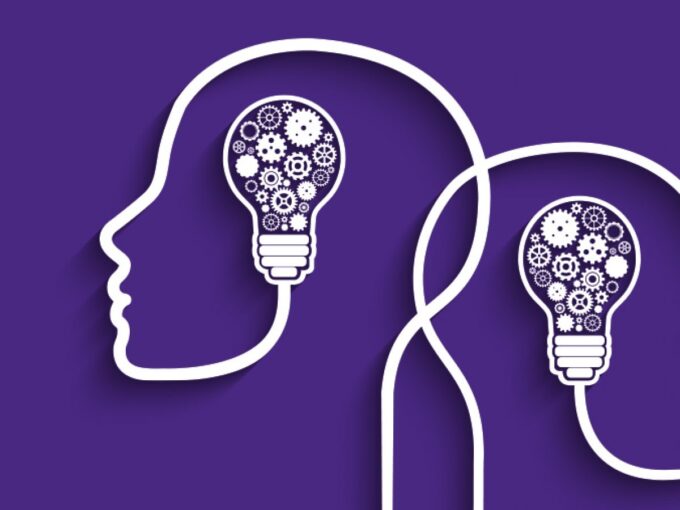
As you hunt for the best rates among lenders, make sure you’re on the radar of fishy loan schemes. Anyone offering an insanely low personal interest rate is probably trying to lure you into a trap. More so, scammers tend to care less about your credit score. Their low-interest rate offers are independent of whether your score is a AA or HH. Though subject to change, the average interest rate for personal loans is roughly 9.47%. So if personal loan promotions offer you a rate of, let’s say, 3%, that should raise an eyebrow.
If you’re shopping around for the best personal loan interest rates, the factors mentioned above will help you make a wise borrowing decision. As a rule of thumb, polish your credit score, educate yourself on how interest rates work, and watch out for non-licensed lenders.

